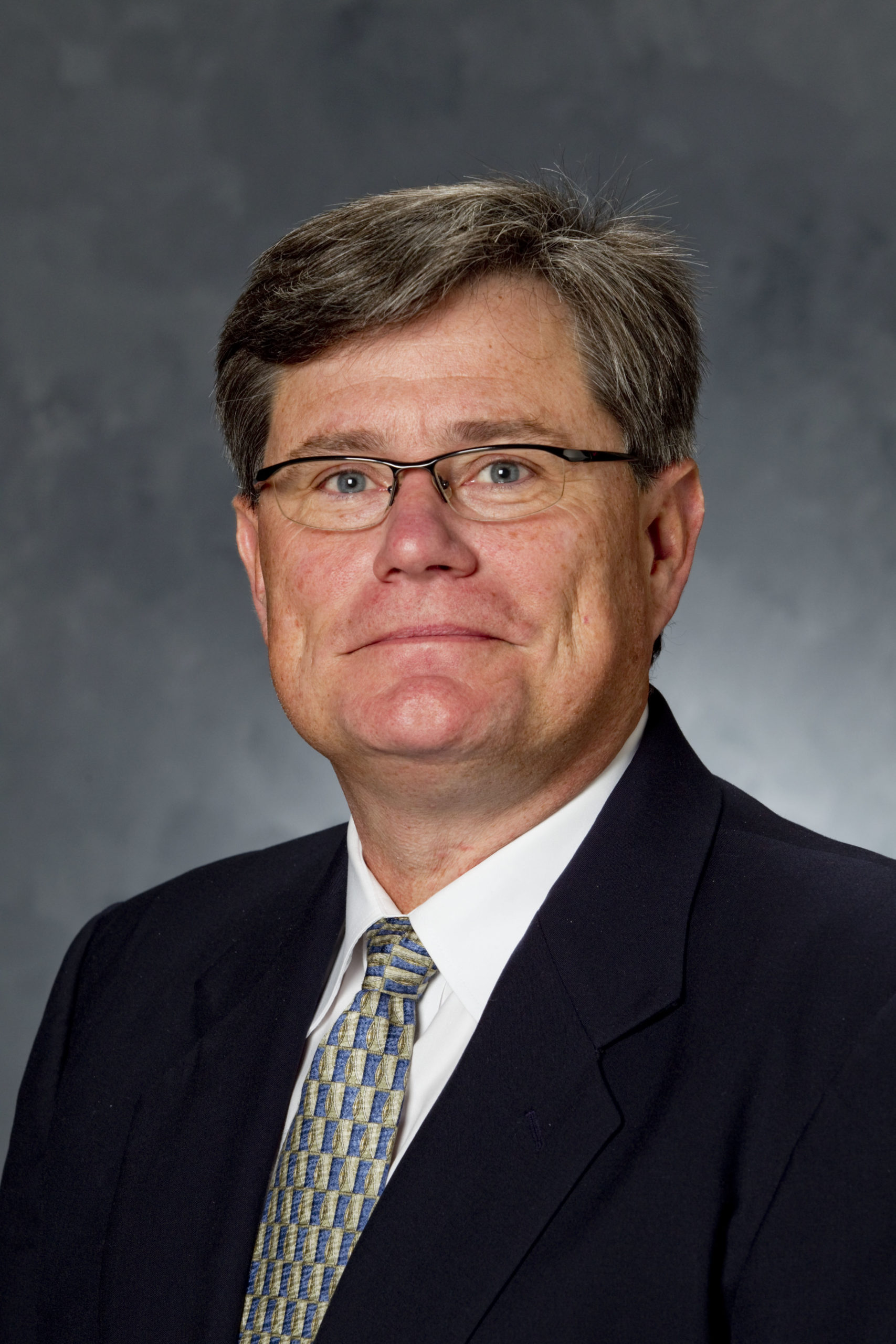National Nuclear Science Week: Director shares lab’s bright future
By Olin “Gene” Rhodes, Director

National Nuclear Science Week is a great time to reflect on the future of research at the University of Georgia’s Savannah River Ecology Laboratory (SREL) and the endless potential that the coming years will present.
In June 2021, SREL celebrated its 70th anniversary. This milestone was marked with the release of a great anniversary video, produced with the assistance of the Department of Energy – Savannah River (DOE-SR) and Savannah River Nuclear Solutions (SRNS).
In addition, this month, the University of Georgia (UGA) enters into its next five-year cooperative agreement with the Department of Energy to operate the SREL through 2026.
With the advent of the new cooperative agreement with DOE-SR and the recently formed partnership of the Battelle Savannah River Alliance (Battelle, the University of Georgia, Georgia Tech University, Clemson University, the University of South Carolina, and South Carolina State University) to operate the Savannah River National Laboratory, it is an especially exciting time to be on the Savannah River Site.
We, at SREL, have high hopes for collaborative research opportunities with Savannah River National Laboratory under its new management and vision for the Department of Energy.
Excitedly, we also look forward to potential collaborations with our colleagues at UGA and other universities.
Faculty and students at SREL are conducting research on a variety of critical environmental issues on and off of the Savannah River Site (SRS), with a large emphasis on evaluation of the fate and effects of contaminants in soil, water, wildlife and plants.
Additionally, our faculty and students are developing new strategies for remediation and restoration of SRS habitats, conducting studies of the biological effects of contaminants on the SRS, contributing to the management of wildlife and forests of the SRS, evaluating the trophic transfer of contaminants within food webs and quantifying the effects of exposure to low-dose radiation on wildlife, and searching for evidence of zoonotic diseases, those that can be transferred from animals to humans.
While our faculty currently advise over 55 graduate students, we are particularly delighted that SREL will soon embark on a new program in collaboration with DOE-SR and the SRNS.
This new program will create a cohort of five graduate students at the master’s level to strategically collect data to address state and federal regulatory requirements for DOE remediation activities on the SRS.
Additionally, we are incredibly pleased that we have been able to partner with the College of Veterinary Medicine and the Franklin College of Arts and Sciences at UGA to expand our faculty, leveraging federal funding with UGA funding from these units to support four new tenure-track faculty members at SREL in the fall of 2022.
We are thrilled about the potential to expand our research over the next coming years in a number of emerging areas: transferring successful techniques used to study the effects of low-dose radiation on fish models to mammals, increasing emphasis on understanding the effects of metal exposure on the health of fish, insects, and microbial communities, enhancing understanding of the movement of heavy metals and radionuclides through food webs, developing new strategies for detecting and preventing zoonotic disease in wildlife populations, as well as the development of protocols and strategies for whole-body radiological monitoring of birds and small mammals in their natural environments.
We look forward to extending research in all these areas as opportunities arise, and we are committed to training the next generation of scientists as we take this journey.
